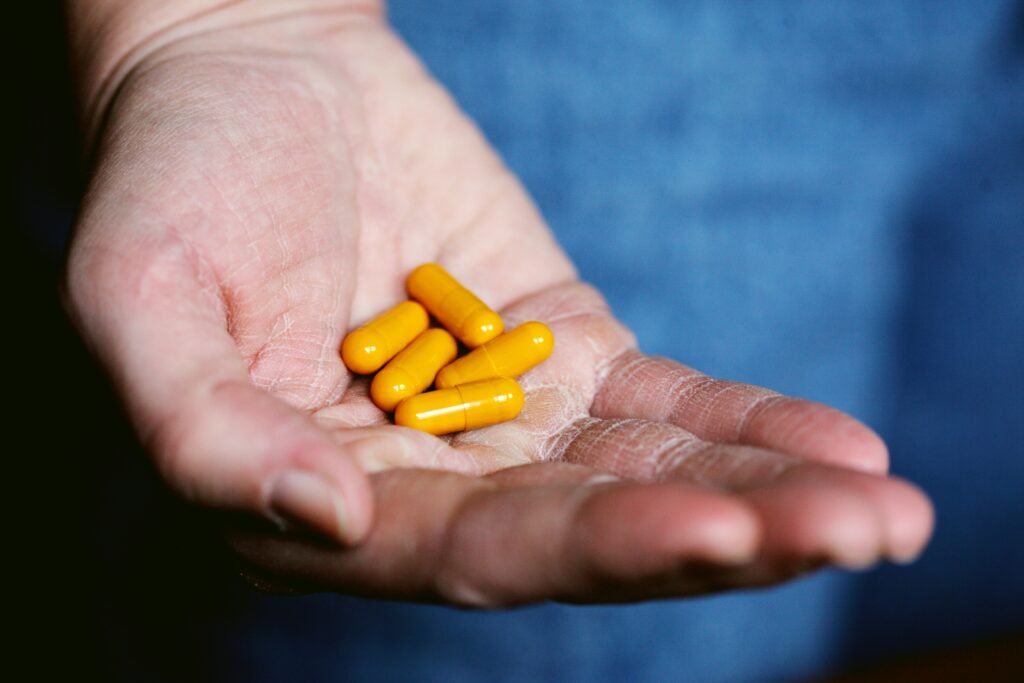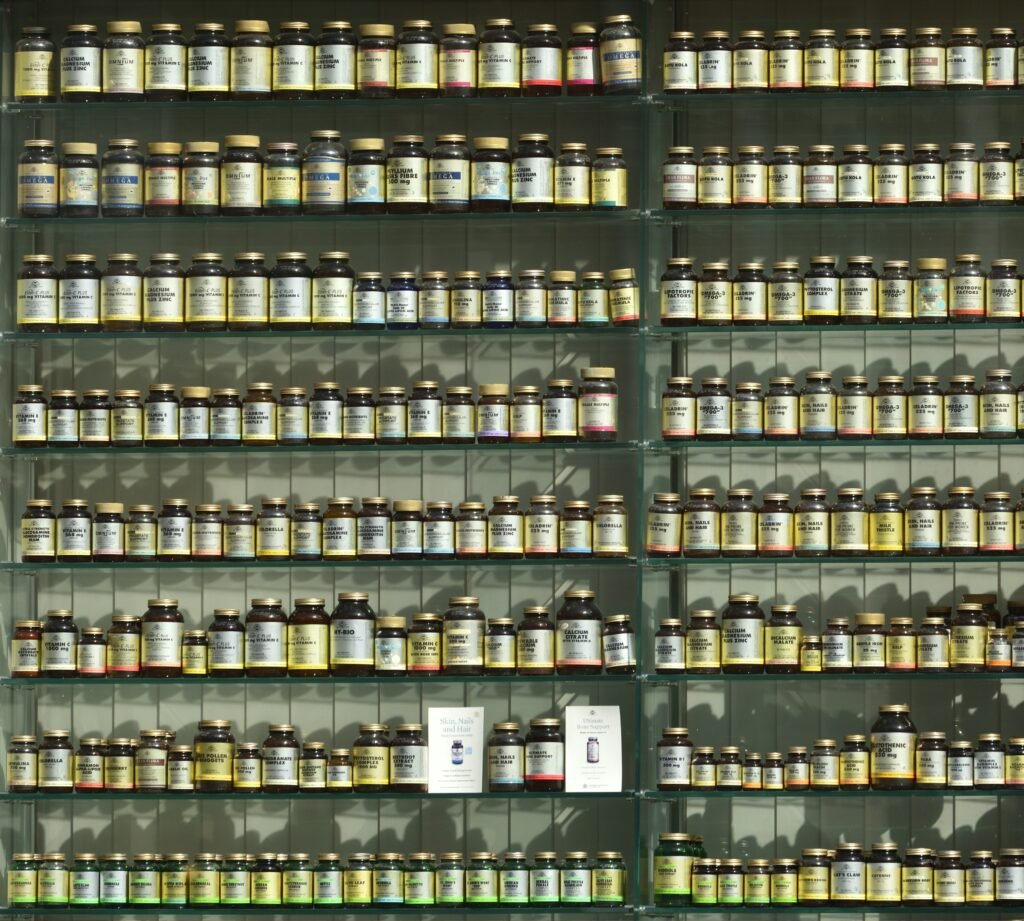If you find yourself without health insurance and in need of pharmaceutical assistance, you may be wondering how to find out if there are any programs available to help you. The good news is, there are resources out there specifically designed to assist uninsured individuals in obtaining the medication they need. In this article, we will explore some simple and effective ways you can determine if there are any pharmaceutical assistance programs within your reach. From online tools to local organizations, discovering the support you need may be easier than you think. So, let’s get started on finding the help you deserve.
Researching Pharmaceutical Assistance Programs
When you’re uninsured and struggling to afford necessary medications, pharmaceutical assistance programs can be a lifeline. Fortunately, there are several avenues you can explore to find these programs and get the help you need. By checking with local healthcare providers, contacting pharmaceutical companies, searching online databases, consulting with social service organizations, utilizing government resources, and reaching out to non-profit organizations, you can significantly increase your chances of finding assistance programs that match your needs. In this comprehensive guide, we’ll delve into each of these methods to help you navigate the process with ease.
Checking with Local Healthcare Providers
One of the first steps to uncovering pharmaceutical assistance programs is to check with your local healthcare providers. Start by reaching out to local hospitals and clinics to inquire about any available programs or resources they may offer. They often have information on assistance programs or can refer you to organizations that could provide assistance. Additionally, contacting doctors and pharmacies in your area can yield valuable insights since they might have knowledge about programs specific to certain medications or conditions.

This image is property of images.unsplash.com.
Contacting Pharmaceutical Companies
Pharmaceutical companies themselves can be a great resource when it comes to finding assistance programs. Many companies offer patient assistance programs to help uninsured individuals access the medications they need. To start, research the companies whose medications you require and visit their websites to see if they have any such programs available. Look for contact information specifically related to patient assistance or access programs and reach out to inquire about eligibility criteria and the application process.
Searching Online Databases
The internet has made accessing information easier than ever, and this is no exception when it comes to finding pharmaceutical assistance programs. There are various online resources and databases that compile information on these programs, allowing you to search for options based on your personal information and criteria. Take the time to visit these websites and enter the necessary details to explore the available program options. It’s important to note that some databases may require you to create an account, but the effort is worth it to potentially gain access to the assistance you need.

This image is property of images.unsplash.com.
Consulting with Social Service Organizations
Social service organizations play an essential role in connecting individuals with resources and assistance, including pharmaceutical aid. Reach out to local social service agencies in your area, such as community centers or non-profit organizations, and ask for information specifically related to pharmaceutical assistance programs. These organizations often have dedicated staff members who can guide you through the application process and provide insights into eligibility criteria that may apply to your situation.
Utilizing Government Resources
Government resources and programs are another avenue worth exploring when seeking pharmaceutical assistance. Visit official government websites that focus on healthcare and assistance programs to find information specifically related to pharmaceutical aid. These websites typically outline the available programs, eligibility requirements, and how to apply. Be sure to take note of any necessary documentation or forms that need to be submitted during the application process.

This image is property of images.unsplash.com.
Utilizing Non-Profit Organizations
Non-profit organizations that focus on healthcare can also provide valuable assistance in finding pharmaceutical aid. Conduct research to identify these organizations that operate in your area or have a broader reach. Contact them directly to inquire about any assistance programs they offer and check if you meet the eligibility criteria. These organizations can often provide additional support and guidance throughout the application process.
Understanding Eligibility Criteria
As you explore different pharmaceutical assistance programs, it’s vital to familiarize yourself with the eligibility criteria that apply to each program. Some common factors that can impact eligibility include income requirements, age, health condition restrictions, citizenship or residency status, and even specific medication criteria. Take the time to thoroughly review the criteria for each program you’re interested in to ensure you meet the necessary requirements.
Preparing Necessary Documentation
When applying for pharmaceutical assistance programs, it’s important to gather and organize the necessary documentation in advance. This can save you time and ensure a smooth application process. Start by gathering your financial records, including income statements, bank statements, and tax returns. Additionally, collect any proof of your uninsured status, such as documents from previous insurance providers or denial letters. Lastly, obtain medical documents that validate your need for the medications you’re seeking assistance for, such as prescriptions or medical reports. Don’t forget to have identification documents ready as well.
Applying for Pharmaceutical Assistance Programs
Once you’ve identified the programs you’re eligible for and gathered the required documentation, it’s time to submit your applications. Most programs allow you to submit applications electronically or through the mail. Regardless of the method, it’s crucial to carefully read and follow the instructions provided. Pay attention to the required documents and ensure you include everything that’s asked for. Double-check the accuracy of the information you provide to increase your chances of a successful application.
In conclusion, finding pharmaceutical assistance programs for uninsured individuals may require some research and effort, but the potential benefits are well worth it. By checking with local healthcare providers, contacting pharmaceutical companies, searching online databases, consulting with social service organizations, utilizing government resources, and reaching out to non-profit organizations, you can uncover valuable assistance options. Understanding eligibility criteria, preparing necessary documentation, and submitting accurate applications are crucial steps to increase your chances of accessing the pharmaceutical aid you need. So don’t hesitate to explore these avenues and discover the support that may be available to you.


